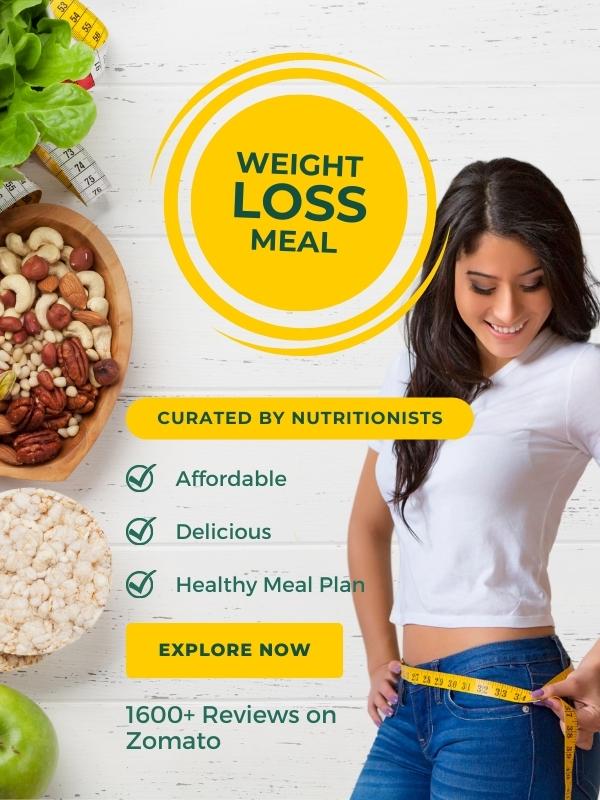

Weight loss meal plan
A weight loss meal plan is a dietary approach that aims to help individuals lose weight by consuming fewer calories than they burn. The key to a successful weight loss meal plan is...
- Rs. 5,475.00
Rs. 6,750.00- Rs. 5,475.00
- Unit price
- per
Please hurry! Only -2 left in stock
Subtotal:
Rs. 5,475.00
10 customers are viewing this product
Couldn't load pickup availability
Free Delivery
Buy 200 Above and get FREE Delivery
Related Products
Example product title
- From Rs. 5,475.00
Rs. 6,750.00- From Rs. 5,475.00
- Unit price
- per
Example product title
- From Rs. 5,475.00
Rs. 6,750.00- From Rs. 5,475.00
- Unit price
- per
Example product title
- From Rs. 5,475.00
Rs. 6,750.00- From Rs. 5,475.00
- Unit price
- per
Example product title
- From Rs. 5,475.00
Rs. 6,750.00- From Rs. 5,475.00
- Unit price
- per
Example product title
- From Rs. 5,475.00
Rs. 6,750.00- From Rs. 5,475.00
- Unit price
- per
Example product title
- From Rs. 5,475.00
Rs. 6,750.00- From Rs. 5,475.00
- Unit price
- per
Example product title
- From Rs. 5,475.00
Rs. 6,750.00- From Rs. 5,475.00
- Unit price
- per
Example product title
- From Rs. 5,475.00
Rs. 6,750.00- From Rs. 5,475.00
- Unit price
- per
Example product title
- From Rs. 5,475.00
Rs. 6,750.00- From Rs. 5,475.00
- Unit price
- per
Example product title
- From Rs. 5,475.00
Rs. 6,750.00- From Rs. 5,475.00
- Unit price
- per
- Choosing a selection results in a full page refresh.


